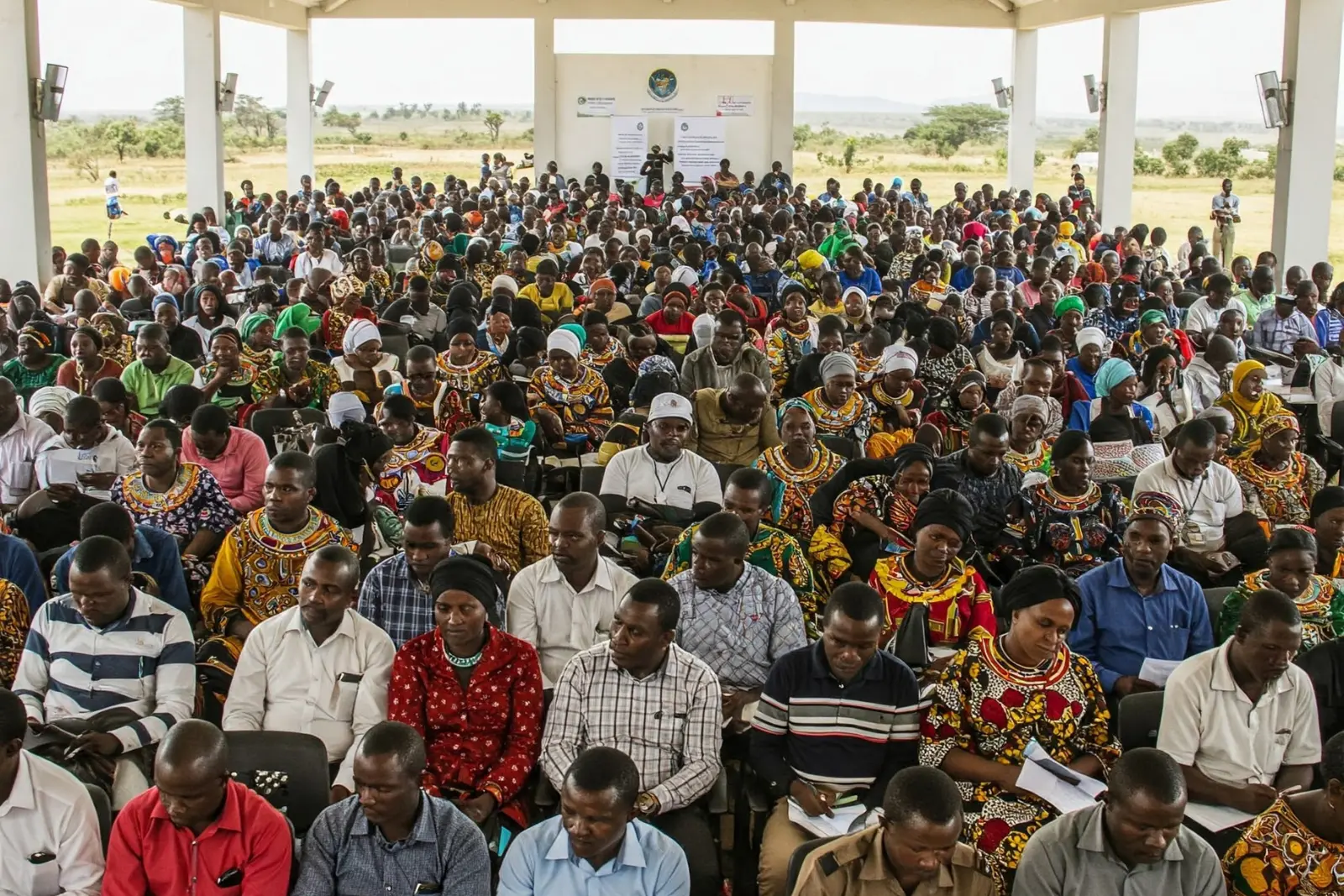A new bill, the Public Participation Bill 2025, has been introduced in Kenya by the Attorney General.
This proposed legislation aims to establish a structured framework for public input in government processes, formalising how citizens engage in decision-making.
This initiative is pivotal, aiming to operationalise the constitutional principles of public participation that are fundamental to Kenya’s democratic governance.
By creating a clear legal framework, the Bill aims to empower citizens and enhance the relationship between the government and the populace.
Key Provisions and Implications
The Bill’s scope is comprehensive, mandating that all government bodies, at both national and county levels, adhere to its provisions.
This ensures that public input is considered across governance, from policy formulation and legislative proposals to the initiation of government programs and projects.
For example, major infrastructure projects or significant changes in public services would require public consultation.
Several core objectives underpin the Bill, including giving effect to constitutional principles of public participation, promoting democracy, ensuring timely access to information, enhancing public participation in planning and budgeting, and ensuring the inclusion of marginalised groups.
This means efforts must be made to reach and involve communities often left out of decision-making processes.
To ensure that public participation is both meaningful and effective, the Bill provides guidelines for responsible authorities.
These guidelines emphasise the nature and urgency of the matter, its potential impact on the public, the need for inclusive representation, and the importance of ensuring public access to necessary information.
The Bill also establishes important institutional arrangements. Notably, it creates the office of the Registrar of Public Participation, who will oversee the implementation of the Act. To manage and oversee these processes, the Bill establishes the Registrar, who will play a central role.
The Registrar’s functions, including approving public participation plans, maintaining registers, developing a monitoring framework, and providing guidance to authorities, are critical for ensuring accountability.
The Bill outlines a detailed process for conducting public participation. This includes preparing plans, publishing proposals and notices, receiving public views, and preparing reports. These procedural requirements aim to standardise public participation, ensuring transparency and inclusivity.
Furthermore, the Bill safeguards the rights of the public and stakeholders. It outlines their rights in the process, including the right to make submissions and to be given adequate time.
It also establishes a dispute resolution mechanism for complaints related to non-compliance, protecting public interests and ensuring citizens’ voices are heard.
For compliance, the Bill provides for sanctions, such as disciplinary proceedings and surcharges, for accounting officers who contravene its provisions.
It also establishes a general penalty for any person who fails to adhere to the Act’s principles. These enforcement mechanisms are vital for deterring non-compliance and promoting accountability.
Potential Challenges
While the Bill is a significant step, its success hinges on several factors. Adequate resources and capacity-building are essential. Public awareness campaigns will also be crucial to ensure citizens understand their rights and how to participate.
Logistical challenges in gathering input from remote areas and the potential for manipulation of the process must also be addressed.
The independence and effectiveness of the Registrar will be crucial in ensuring accountability. Ongoing monitoring and evaluation will be necessary to ensure the Act achieves its objectives and to facilitate any adjustments.
Civil society organisations are likely to welcome the Bill as a tool for enhancing citizen engagement.
Government agencies may face challenges in adapting to the new requirements. The general public’s perception will depend on how effectively the Bill is implemented and whether it leads to tangible changes in governance.
The Bill could significantly impact policy-making, leading to more inclusive and responsive government services, and potentially increasing citizen trust.
While Kenya has existing mechanisms for public participation, this Bill seeks to formalise and standardise these processes. Some countries have similar legislation, and examining their experiences could provide valuable insights for Kenya’s implementation.












